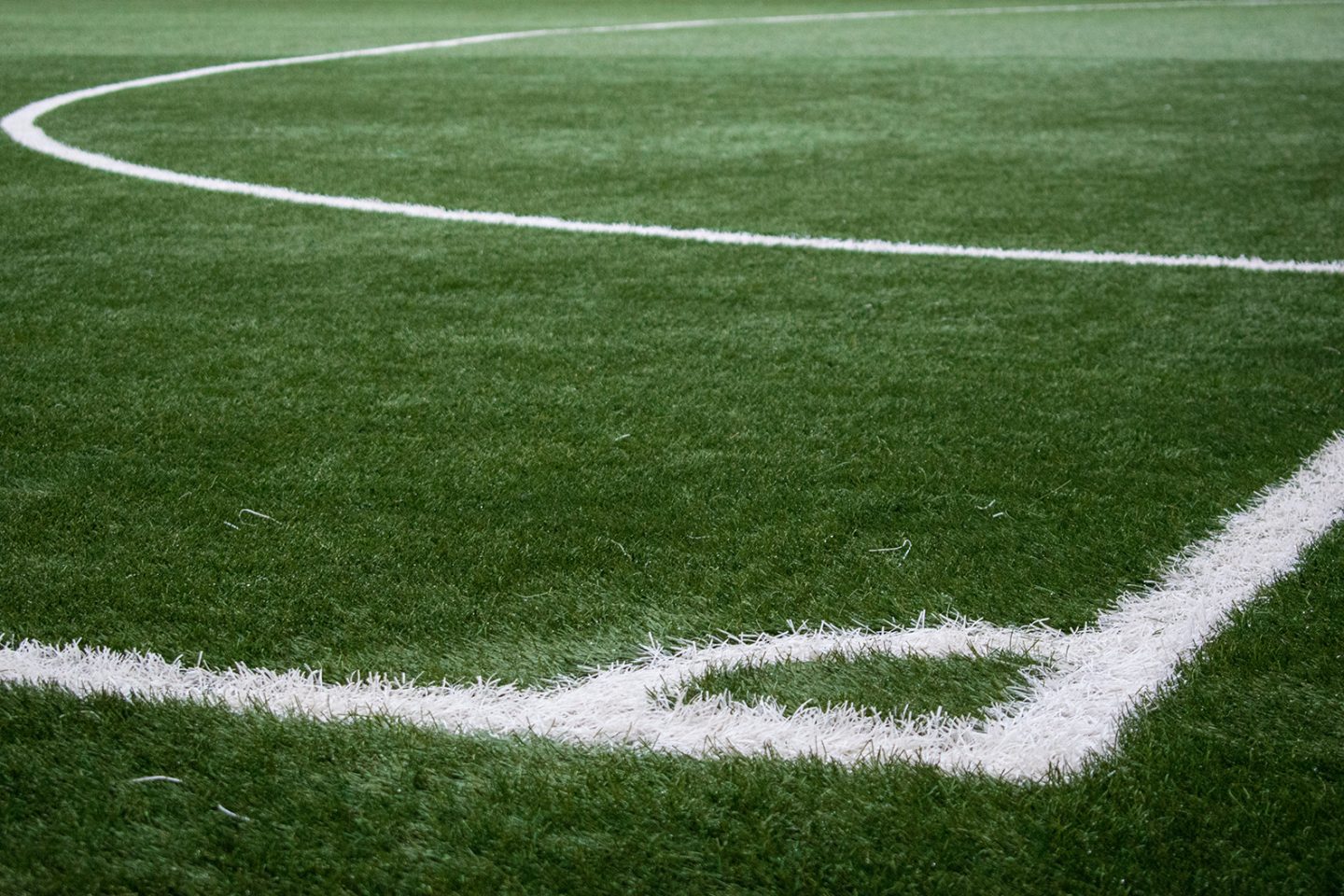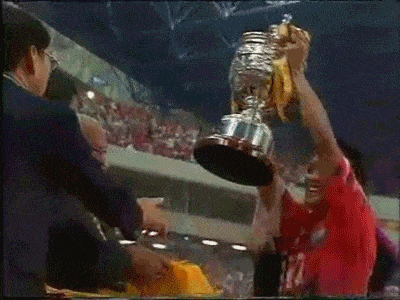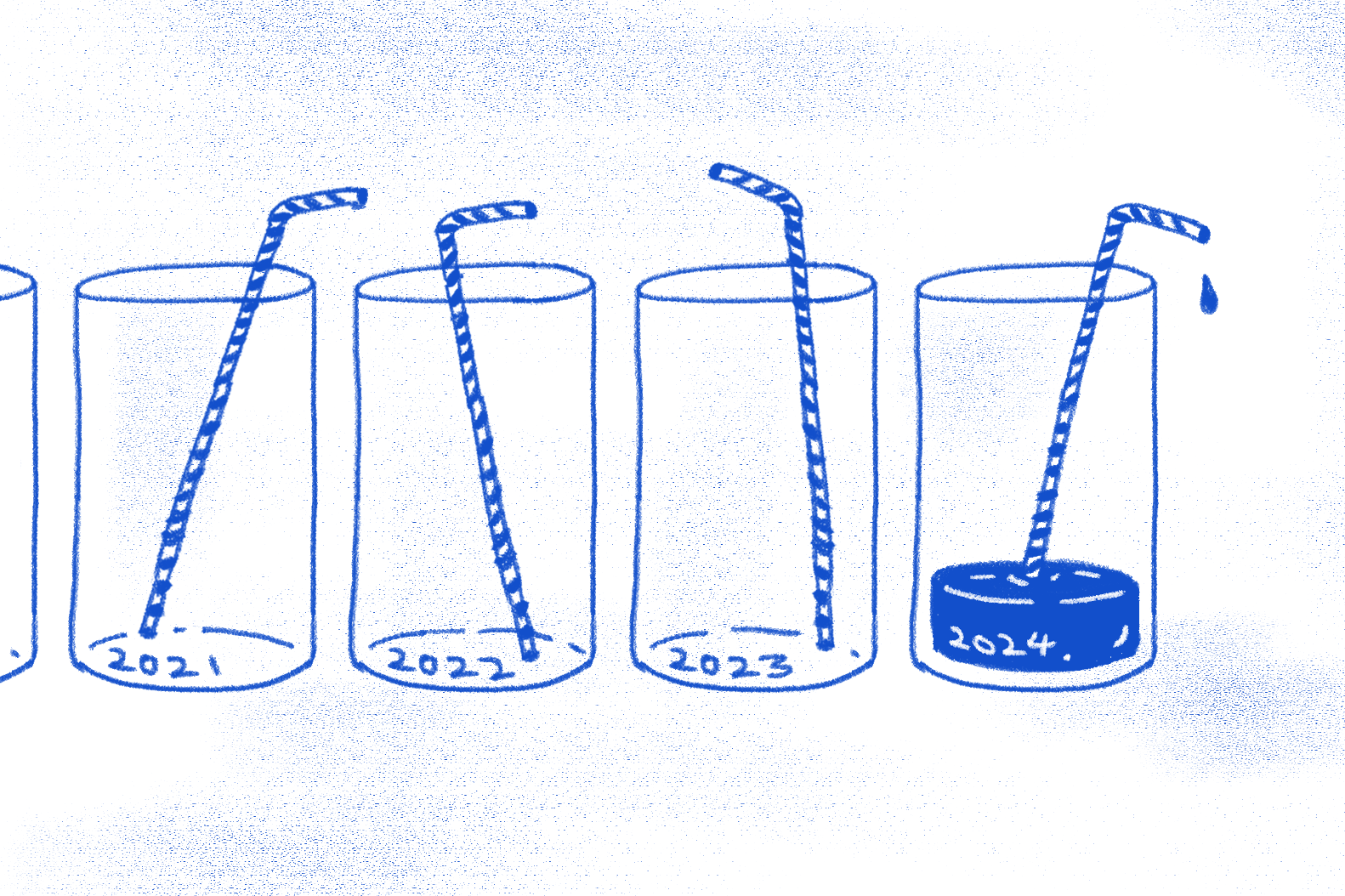If only we loved God like we love football.
Almost every weekend, football fans gear up for their weekly dose of Premier League fever. Forget worship service, forget cell group. This is the weekend’s climax. It has everything: Exhilaration, passion, fury, hope. Die-hard fans learn about every player, their team’s history and foreign traditions.
That’s the traditional approach to sport. But technology, both on TV and digital, has changed how we consume football. Now you’re always updated with the latest scores, table positions, transfer news and scandals.
Now you’re treated to a new football-watching experience, with slow-mo replays and drone camera footage. With high-definition TV, you literally see every drop of sweat fly when players challenge for a cross. You can scrutinise every careless tackle, dive or bite (if you’re a Suarez fan), and deliver opinionated justice or speculation on social media.
“BACK IN THE DAY”
But even with these amazing developments, we’re all still fans of nostalgia, pulling you back to the sport of old. It was pure and simple. People played for passion, not glory. These days, it seems players fall in the penalty spot a tad too easily.
You think of your childhood, when you used to play in that void deck, that patch of grass in school, on the burning white sand of the beach. Perhaps it could’ve been you pulling on the national kit if you didn’t drop the sport competitively after secondary school. You think back to why you quit: This is Singapore, please. So you traded your football boots for leather shoes, your jersey for suit and tie, passion for pragmatism.
You realise that you’re no longer young. While great sportsmen are in the limelight, you’re just another non-athlete, staring at a screen with other mediocre men, desperately seeking vicarious entertainment.
And just maybe, it occurs to you, this is a reflection of your faith.
All those countless hours spent in church for what? What happened to the glory days, when we were young, hands lifted and jumping to anthems of One Way, Jesus?
You’re tired now. You find your usual spot at the back of the sanctuary, arms folded, watching the young people in front make a fool of themselves. “Back in my day,” you think, “we did it better.” These days, it’s all hype, no substance.
If only we loved God like we loved football? The problem is that we do.
REKINDLING REAL PASSION
Think back to Rio 2016. The pride of Singapore, Joseph Schooling, steps onto the starting blocks for the men’s 100m butterfly final. You still remember when Singapore’s women table tennis team came so close to winning in Beijing 2008 and London 2012, but fell just short against superior opponents.
In 2016, your heart wants to believe, but it also wants to warn you: Don’t get your hopes up too high. This is Singapore, please.
The nation unifies in spirit. TVs in every house are tuned in to the Olympics. A 21-year-old undergraduate carries the weight of a nation’s dreams as he steps onto starting blocks.
The buzzer sounds. For 50.39 seconds, he flies the flag for every Singaporean who traded childhood Olympic dreams for the corporate 9-to-6. He edges ahead of the star-studded trio of the 100m butterfly: Phelps, le Clos, and Cseh.
Is he pacing himself right? No, he maintains his lead at the turn. It’s really happening. You slip to the edge of your seat. Everything’s in slow-mo. He touches first! You might have shed a tear, and your thumping heart suggests that you’ve been racing too.
The next morning at your neighbourhood pool, everyone – from young, chubby kids to old, tubby men – is attempting the butterfly.
It’s funny, but it warms your heart. You know that it wasn’t just about the gold medal, the cash prize, the competitive spirit.
Sports is beautiful in itself, but at its core are grand ideals: Identity, community, dreams, purpose and hope. When fully immersed in sporting fever, you feel young and free again; wonder and excitement courses through your veins.
A UNIVERSAL LANGUAGE
The greatest sporting experiences transcend language, race, culture, social status.
Football acts as the universal language of humanity, opening doors to a world larger than one’s own culture, language or knowledge. It takes your eyes off the endless pile of hustle and bustle, and fixes you on a greater unseen reality.
It humbles you and grants you empathy for those unlike you. You feel part of something much much bigger than yourself.
It’s the same with faith.
I’m not advocating sports outreach or muscular Christianity (it’s a thing). But faith finds a parable in sports – good, bad and everything in between. Faith, too, is a kind of universal language, transcending culture and uniting people from all walks of life.
As Christians, most of us have tasted the zeal of “real passion” that propelled us to faith, yet we get caught up with glitzy performances or slowly fizzle off into a somewhat “back in my day” wistful spectatorship.
Pele, perhaps the greatest footballer of all time, coined the term joga bonito – Portuguese for “play beautifully”. It’s a movement to restore the honour of football: Upholding integrity, strength, teamwork and mutual respect while purging it of dishonourable players who dive, tackle dirty and play only for money.
It suggests that when footballers play beautifully, there are no losers, only winners; teams, but no sides.
It’s time to play beautifully – in church. It’s time to be nostalgic about the way you used to be when you first met Jesus. When you played with heart, soul, mind and strength; with honour, respect and love.
If only we loved God like we love football. Not just any football, but the football we remember from our innocent youth.
Passionate, innocent, unhindered. And beautiful.










